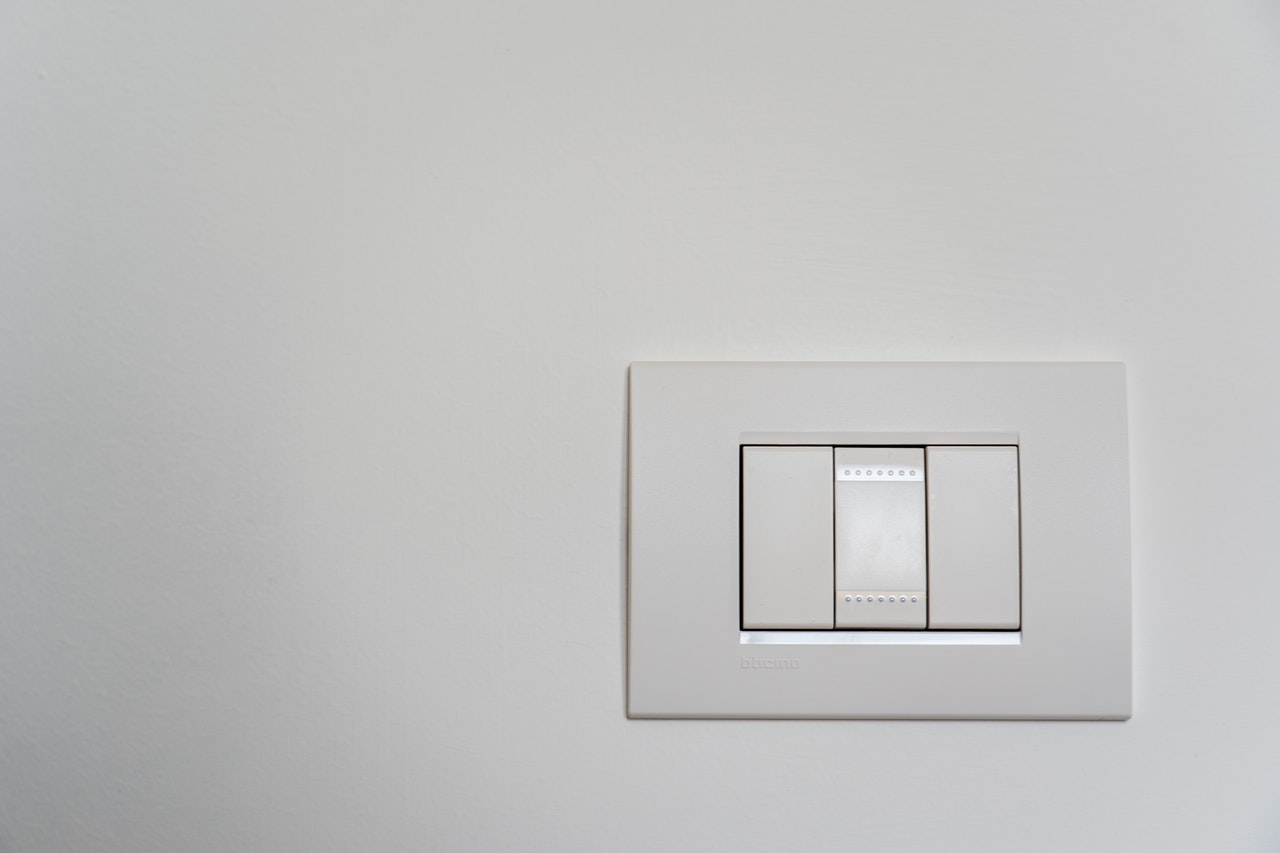While there is some overlap between the work that commercial and residential electrical contractors perform, there are also some differences. Understanding these differences will help you determine which type of contractor you need to hire for your project.
1. Services Offered
Both residential and commercial electrical contractors are responsible for safe electrical installations that are compliant with state and local regulations. However, regulations for commercial and residential projects often vary. Additionally, they may both interpret blueprints, diagnose and repair electrical faults, maintain and service electrical appliances and fixtures and inspect and rewire systems. However, a commercial electrical contractor Washington DC may handle, larger, more complex projects for commercial buildings, factories and public buildings.
2. Technical Skills
Commercial electrical contractors need a higher level of skill and experience because they work with more complex systems than residential contractors. Commercial jobs generally require a master electrician or better and over 4,000 hours of on-the-job experience.
3. Compliance and Regulations
All electrical contractors must adhere to compliance standards. However, commercial contractors are more strictly regulated. Standards apply to the type of equipment they can use, the amount of insurance they need to purchase and the safety standards they must follow. Many states require residential and commercial contractors to obtain different types of licenses.
4. Equipment Used
Residential electricians usually work with single-phase systems between 120V-240V. Commercial electricians work with three-phase systems at 120V-480V. As a result, they need different equipment and supplies, such as breakers, wiring, sheathing and insulation. Commercial projects usually require cables with heavier sheathing and more insulation to handle the higher voltage and current flow of commercial electrical equipment.
Commercial and residential electrical contractors share many of the same skills and job duties. However, because commercial projects are larger, more complex and more strictly regulated, commercial contractors need a more advanced skillset and more on-the-job experience than residential contractors.







Leave a Reply